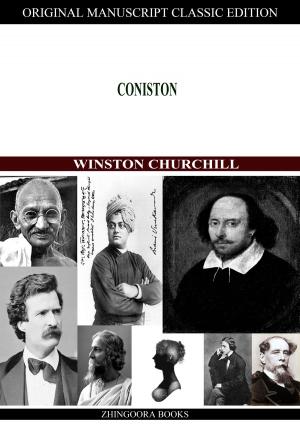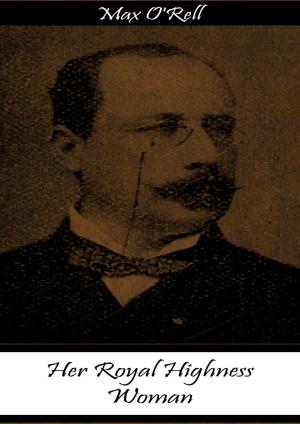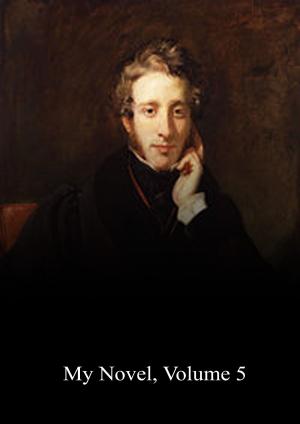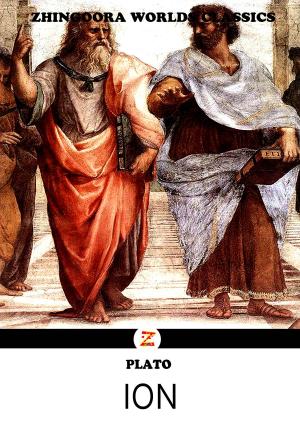History of the United Netherlands [Christmas Summary Classics]
Nonfiction, Reference & Language, Reference| Author: | J.L. Motley | ISBN: | 1230000034819 |
| Publisher: | Zhingoora Books | Publication: | December 1, 2012 |
| Imprint: | Language: | English |
| Author: | J.L. Motley |
| ISBN: | 1230000034819 |
| Publisher: | Zhingoora Books |
| Publication: | December 1, 2012 |
| Imprint: | |
| Language: | English |
Christmas Summary Classics
This series contains summary of Classic books such as Emma, Arne, Arabian Nights, Pride and prejudice, Tower of London, Wealth of Nations etc. Each book is specially crafted after reading complete book in less than 30 pages. One who wants to get joy of book reading especially in very less time can go for it.
History of the United Netherlands
"The History of the United Netherlands, 1584-1609," published between 1860 and 1867, is the continuation of the "Rise of the Dutch republic"; the narrative of the stubborn struggle carried on after the assassination of William the Silent until the twelve years' truce of 1609 recognised in effect, though not in form, that a new independent nation was established on the northern shore of Western Europe--a nation which for a century to come was to hold rank as first or second of the sea powers. While the great Alexander of Parma lived to lead the Spanish armies, even Philip II. could not quite destroy the possibility of his ultimate victory. When Parma was gone, we can see now that the issue of the struggle was no longer in doubt, although in its closing years Maurice of Nassau found a worthy antagonist in the Italian Spinola.
Christmas Summary Classics
This series contains summary of Classic books such as Emma, Arne, Arabian Nights, Pride and prejudice, Tower of London, Wealth of Nations etc. Each book is specially crafted after reading complete book in less than 30 pages. One who wants to get joy of book reading especially in very less time can go for it.
History of the United Netherlands
"The History of the United Netherlands, 1584-1609," published between 1860 and 1867, is the continuation of the "Rise of the Dutch republic"; the narrative of the stubborn struggle carried on after the assassination of William the Silent until the twelve years' truce of 1609 recognised in effect, though not in form, that a new independent nation was established on the northern shore of Western Europe--a nation which for a century to come was to hold rank as first or second of the sea powers. While the great Alexander of Parma lived to lead the Spanish armies, even Philip II. could not quite destroy the possibility of his ultimate victory. When Parma was gone, we can see now that the issue of the struggle was no longer in doubt, although in its closing years Maurice of Nassau found a worthy antagonist in the Italian Spinola.
![Cover of the book History of the United Netherlands [Christmas Summary Classics] by J.L. Motley, Zhingoora Books](https://www.kuoky.com/images/2012/december/500x500/1230000034819-16Lm_500x.jpg)

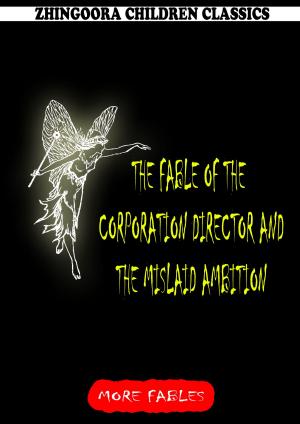
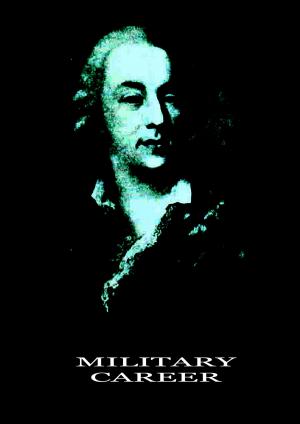



![Cover of the book Tom Jones [Christmas Summary Classics] by J.L. Motley](https://www.kuoky.com/images/2012/november/300x300/1230000034653-HDdz_300x.jpg)
